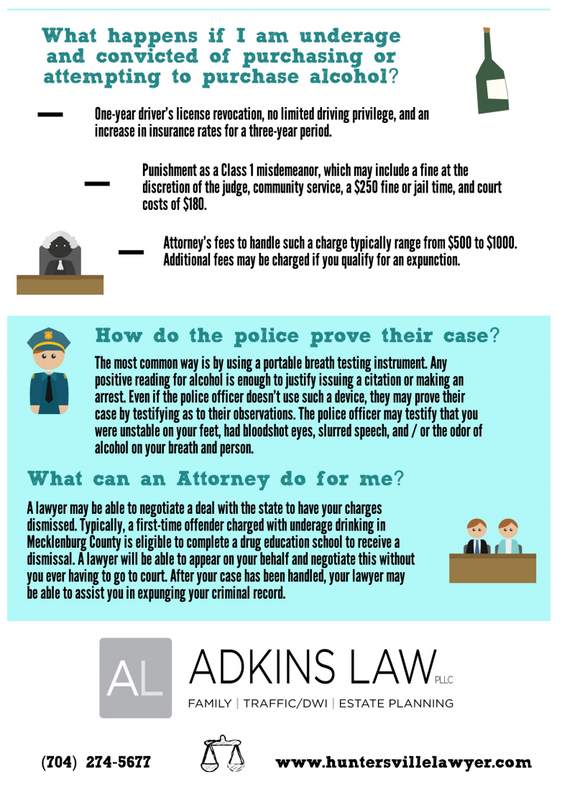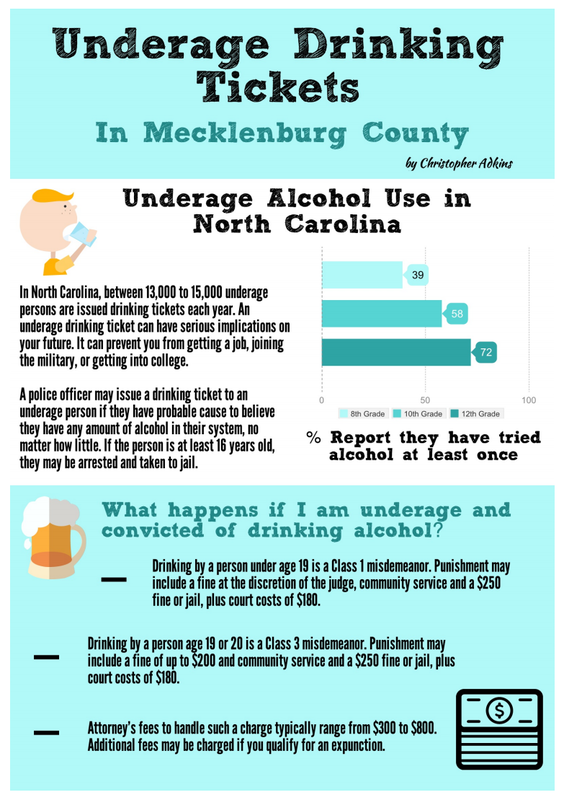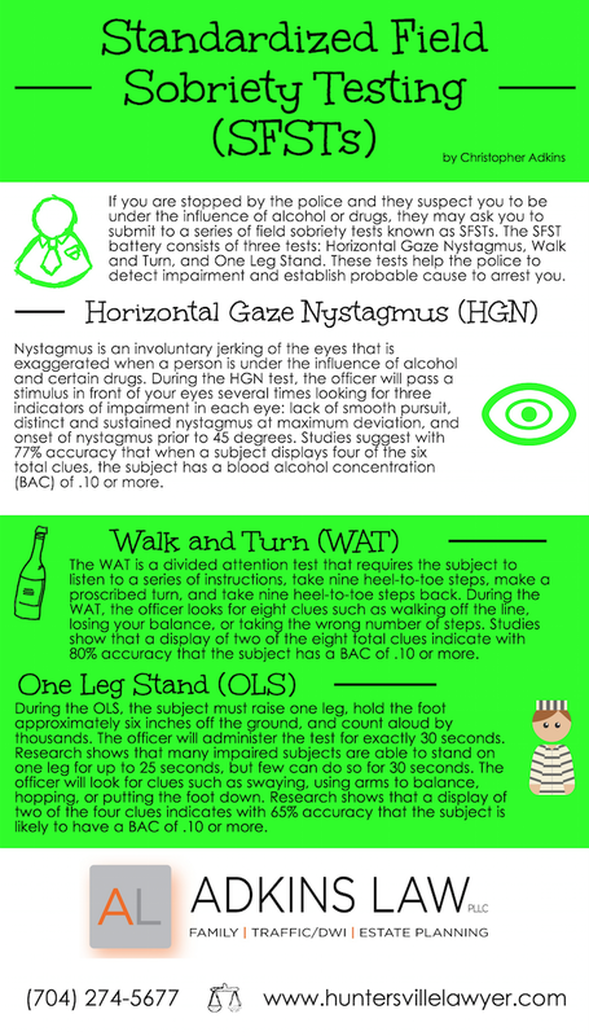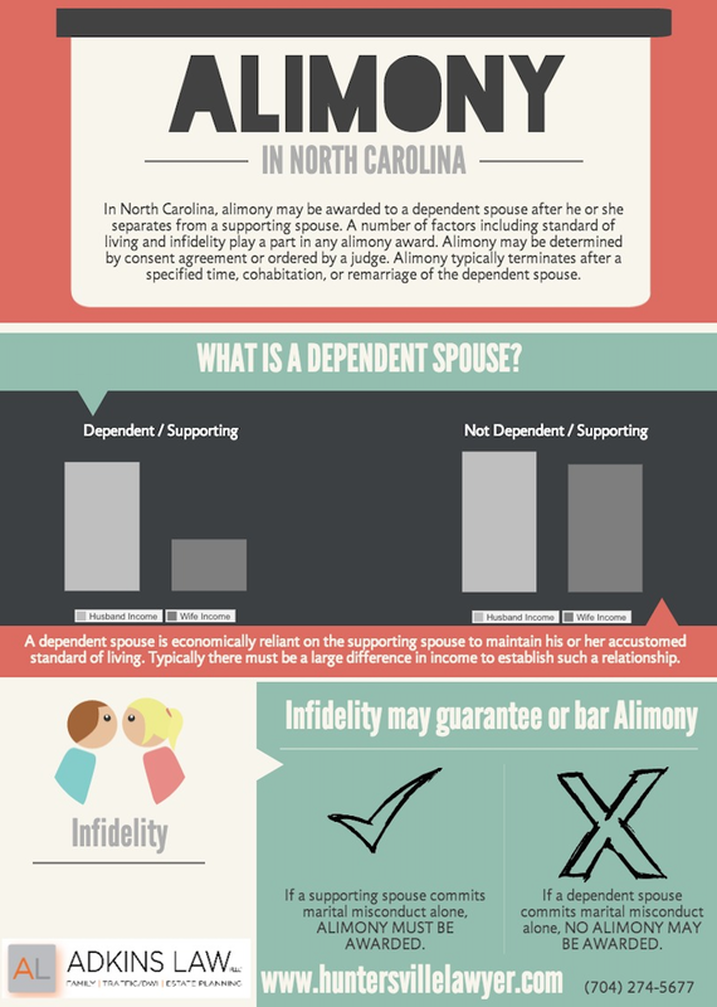 What constitutes marital misconduct in North Carolina and why does it matter? Several things may constitute marital misconduct in North Carolina, including illicit sexual behavior, abandonment, cruel or barbarous treatment, or excessive use of alcohol or drugs. This is important because marital misconduct may guarantee or bar alimony. In North Carolina, alimony may be awarded when there is a dependent / supporting relationship. This means that one spouse, the dependent spouse, relies upon the income of the supporting spouse to maintain his or her lifestyle. If the dependent spouse commits marital misconduct during the period of marriage, prior to separation, the dependent spouse is barred from alimony. On the other hand, if the supporting spouse commits marital misconduct during the period of marriage, prior to separation, the dependent spouse is guaranteed alimony. If you need to speak with a family lawyer in Huntersville NC concerning marital misconduct or alimony, contact Adkins Law. Adkins Law is located in Huntersville NC and primarily serves the Lake Norman area. North Carolina General Statute 50-16.1A defines marital misconduct. The relevant portion of the statute has been included below: N.C.G.S. § 50-16.1A "Marital misconduct" means any of the following acts that occur during the marriage and prior to or on the date of separation: a. Illicit sexual behavior. For the purpose of this section, illicit sexual behavior means acts of sexual or deviate sexual intercourse, deviate sexual acts, or sexual acts defined in G.S. 14-27.1(4), voluntarily engaged in by a spouse with someone other than the other spouse; b. Involuntary separation of the spouses in consequence of a criminal act committed prior to the proceeding in which alimony is sought; c. Abandonment of the other spouse; d. Malicious turning out-of-doors of the other spouse; e. Cruel or barbarous treatment endangering the life of the other spouse; f. Indignities rendering the condition of the other spouse intolerable and life burdensome; g. Reckless spending of the income of either party, or the destruction, waste, diversion, or concealment of assets; h. Excessive use of alcohol or drugs so as to render the condition of the other spouse intolerable and life burdensome; i. Willful failure to provide necessary subsistence according to one's means and condition so as to render the condition of the other spouse intolerable and life burdensome.
2 Comments
 In North Carolina, when a married couple has a child, the state presumes that the child is of the marriage. The husband and wife are considered the natural parents of the child. The law is different for unmarried couples. When an unmarried couple has a child, the parent-child relationship isn’t recognized automatically. Establishing paternity, or legitimating a child, is the process in which a child’s biological father is recognized also as the legal father. Establishing paternity is important in order to inherit property and for child custody and child support obligations. If the child’s parents aren’t married, there are three other ways to establish paternity in North Carolina: (1) the unmarried parents can later get married, (2) the parents can sign an Affidavit of Parentage, or (3) a paternity lawsuit. In North Carolina, when a unmarried couple has a child and later marries, the child is legitimated retroactively. Additionally, the unmarried parents may sign an affidavit attesting to their parentage. This is a legally binding, sworn statement, which is difficult to overturn. A paternity lawsuit may also be filed to establish paternity. Once the lawsuit is initiated, a court may order genetic testing. As long as the testing shows at least a 97% probability that the purported father is the actual, biological father, the court will establish paternity. Once paternity is formally established, a court may issue an order for child custody and child support. If you wish to speak to a family law attorney concerning a paternity issue, contact Adkins Law. Adkins Law is located in Huntersville, NC and primarily serves Mecklenburg County and the Lake Norman area.  The concept of confirmation bias occurs when a bias unconsciously influences the outcome of a test or observation. Instead of conducting a test objectively, someone is selectively looking for information or clues to confirm their pre-existing beliefs and hypotheses. Why is confirmation bias important in DWIs? Confirmation bias can play a large factor in a DWI arrest. Police officers are graded on their productivity. This is what drives most police officers to take more enforcement action. Knowing they have to be productive to meet their unspoken quotas, officers are often proactive in their enforcement activities. Consider a police officer that gets behind a vehicle, runs the tag, and discovers the driver has had previous DWI convictions. Based on the driver’s record, the officer may assume the driver to be intoxicated. The police officer will look harder for a reason to justify a traffic stop. If the officer is able to initiate the traffic stop, that officer will immediately begin to look for signs of impairment, which may or may not be there. In a situation such as this, typically, the officer will request the driver to submit to a roadside breath test. This is usually conducted before any standardized field sobriety tests (SFSTs) are conducted. The reason for this is because the officer knows it isn’t worth his time to conduct SFSTs if the driver doesn’t blow above a 0.08 during the roadside breath test. Often, an officer won’t initiate SFSTs unless the driver is above a 0.10 roadside. The officer knows that once they place the subject under arrest and transport them for their evidentiary breath test, their BAC may drop. The average person’s BAC drops between 0.015 to 0.018 per hour. Although this technique, which is very commonly used, is not recommended by NHTSA, it is extremely effective. The officer will both save time and quickly determine whether the traffic stop will yield a DWI arrest. The problem is that a preliminary roadside breath test creates confirmation bias during the SFSTs. If the driver blows over a 0.08 during the preliminary breath test, the officer will look hard while conducting the SFSTs to find the clues he needs for arrest. Not only is this not good practice, the entire SFST battery will be jaded. The officer will not be conducting the tests objectively, but will be looking a reason to justify the arrest, whether one truly exists or not. Often, if confirmation bias can be established, the probable cause for the arrest may be negated. If the probable cause for the arrest is negated, the DWI charge may be dismissed. If you have more questions concerning confirmation bias in a DWI arrest, contact a DWI lawyer. Adkins Law is located in Huntersville NC and primarily serves Mecklenburg County and the Lake Norman area. If you need to speak with a DWI attorney in Huntersville NC, contact Adkins Law to schedule an appointment with a DWI lawyer.  Often people ask where they are able to bring suit for equitable distribution. A wife, for example, may continue to live in the marital home in Iredell County while her husband, who separated from her, lives in Wake County. The wife may work in Mecklenburg County and wish to move to Mecklenburg County as soon as she is able to sell the marital home. For convenience and strategy, the wife may wish to bring her equitable distribution action in Mecklenburg County. Is she able to do this? Absolutely. The wife may bring her action in Mecklenburg County if it is more convenient. It would then be up to the husband to file a motion that venue would be improper in Mecklenburg County. This may or may not be worth it to the husband financially and strategically. Specific facts for your case will determine whether or not venue would be appropriate in Mecklenburg County or Iredell County. Likely, venue in Mecklenburg County would be fine and appropriate. If you have question regarding equitable distribution and where venue would be appropriate, contact Adkins Law to speak with an equitable distribution attorney. Adkins Law is located in Huntersville NC and primarily serves Mecklenburg County and the Lake Norman area. |
Archives
January 2022
|
Lake Norman Location
9620 Sherrill Estates Road
Huntersville, North Carolina 28078
(704) 274-5677 main
(704) 231-5762 text
(877) 208-7577 fax
9620 Sherrill Estates Road
Huntersville, North Carolina 28078
(704) 274-5677 main
(704) 231-5762 text
(877) 208-7577 fax







